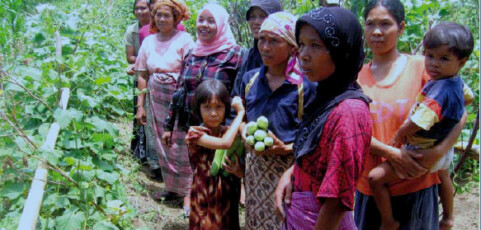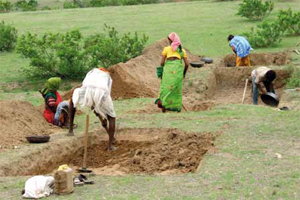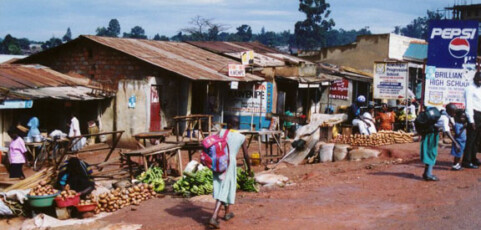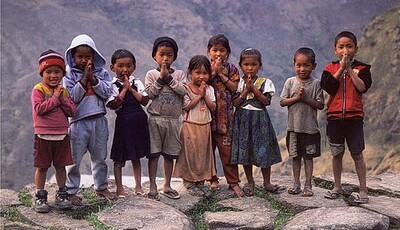In 2004 the province of Aceh in Indonesia was affected by a devastating earthquake and tsunami. The impact on rural communities was particularly harsh, exacerbating the existing poverty and poor living conditions caused by a long separatist conflict. A network of women farmers established under these difficult circumstances is not only benefitting its participants, but also their families and communities.
Farming Matters | 28.3 | September 2012
Photo: R. Lines-Kelly







